Commissions & Omissions in the Administration of Justice
Synopsis
The present book, in two parts, is a unique work done by the author. Part I contains 9 chapters on different topics including confrontation between the legislature and judiciary; Justice Eclipsed during Emergency; Keymen of Emergency; independence of Judiciary and Appointment of Judges; Presidential Power to Pardon; President’s Power of Reference under Article 143 of the constitution, and Justice Delayed Justice Denied. For the past more than fifty years the courts of our country including the Supreme Court of India have been of our country have tremendous faith in this institution. There has been a three tier system in the administration of justice. We have subordinate courts, which are the foundation of the judicial system. Then we have the High Court in each state entertaining appeals, revisions and the writ petitions. If the aggrieved is not satisfied with the order of the trial court, the concerned High Court is still not satisfied with the High Court decision, then there is Supreme Supreme Court hearing the appeals filed against any judgement of the High Court in the country. The judgement passed by the Supreme Court is final in all respects and is binding under Article 141 of the Constitution on all the High Courts in the country. In many cases more reforms in the law have come from the Supreme court than the legislature. But at the same time, the Supreme Court has not been consistent in its pronouncements, in some cases. There the justice certainly gets injured. The Supreme Court judements have got to be consistent, because they have to be followed by all High courts and the subordinate courts in the country. The author has made an earnest effort to critically examine some such judgements, which lack consistency, in Part II of the book. About 30 judgements concerning various branches of law, including Contempt, Capital Punishment, Suicide, Rape, Illegal Detention, Police atrocities, Prison Administration and Deplorable Condition of Care Homes have been critically examined. There are also cases where the Supreme Court has come to the rescue of the poor, and helpless people, who would have suffered for all times to come but for the timely intervention of the apex court. The book throws a flood of light on the working of the courts at all levels and the manner in which day-do-day justice is administrated to the aggrieved persons of free India in accordance with the provisions of the law of the land. The book is a must for judges, lawyers, law teachers, law students, the social activists, and the intellectuals belonging to various other fields.
Read more
53.10
47.79
$
59.00 $
Free delivery Wolrdwidе in 10-18 days
Ships in 1-2 days from New Delhi
Membership for 1 Year $35.00
Get it now and save 10%
Get it now and save 10%
BECOME A MEMBER

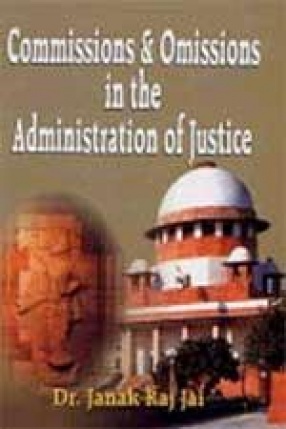

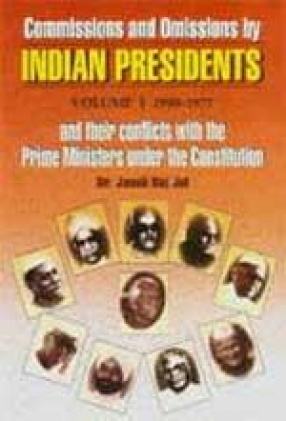

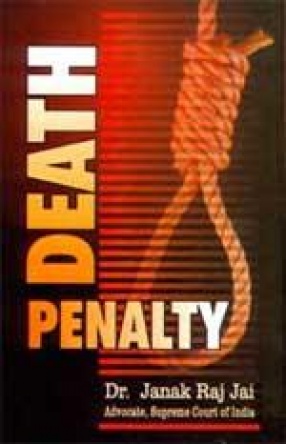
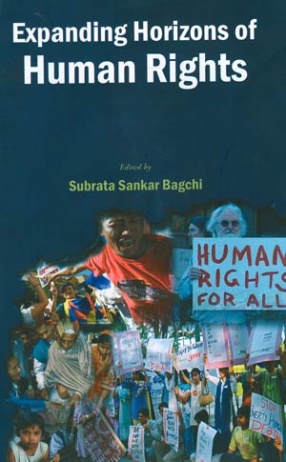
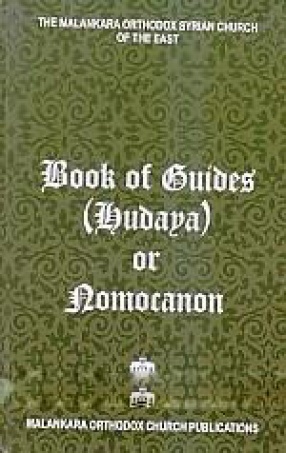
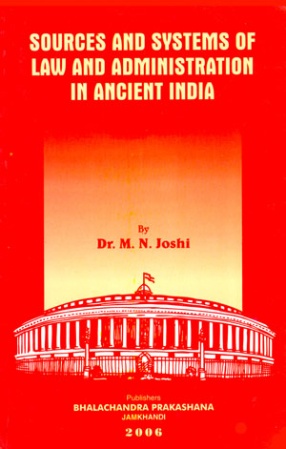
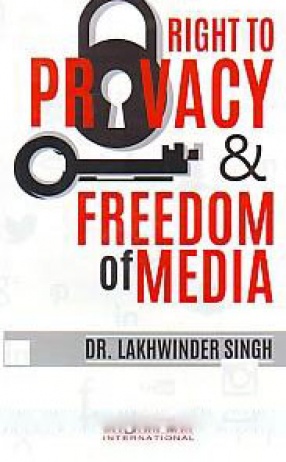

Bibliographic information